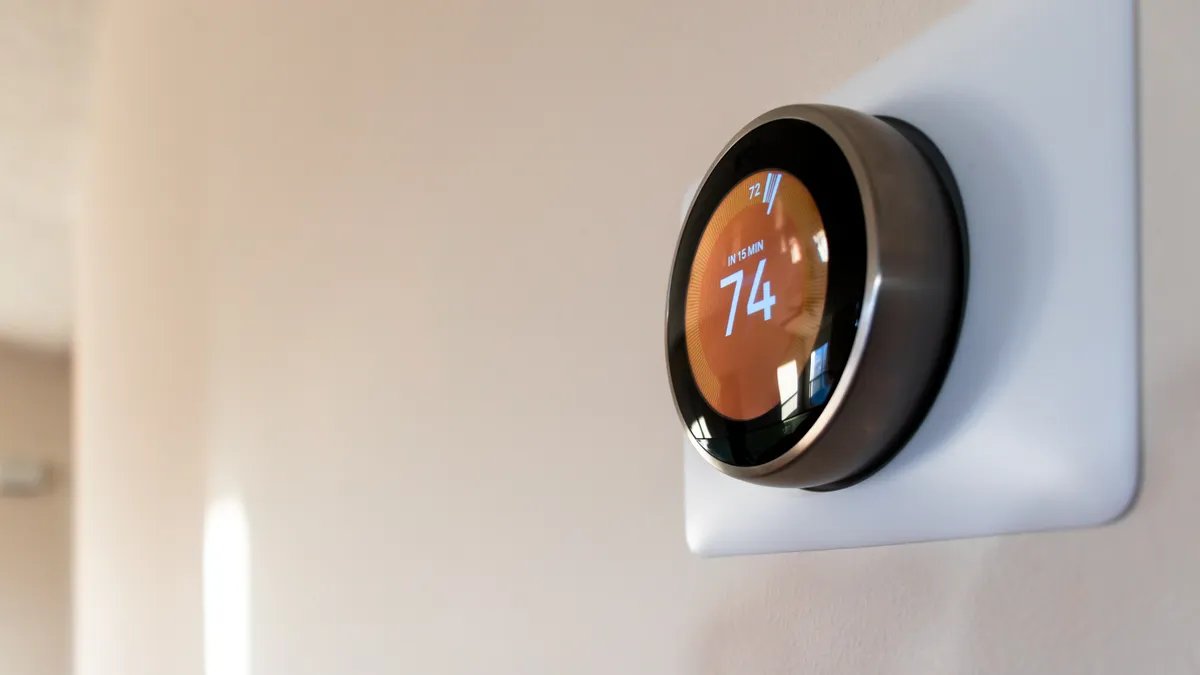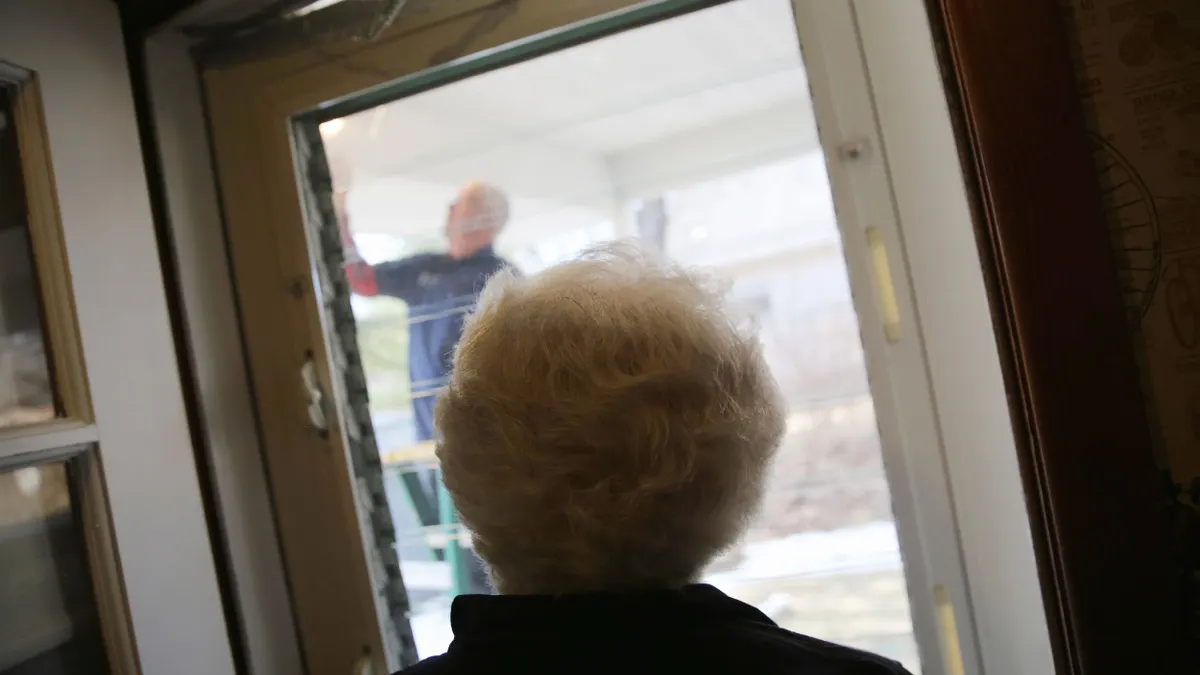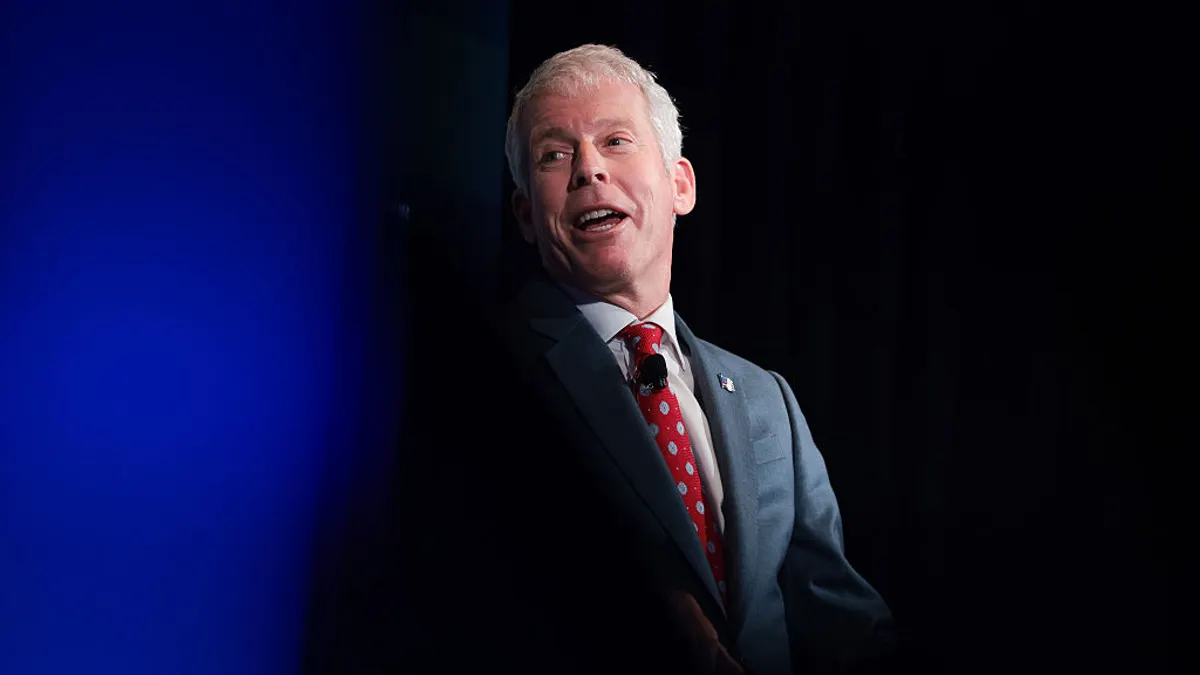Germany ranked #1 in the world. Italy is #2. The United States improved, but came in at eighth. And if it weren’t for Brazil’s #22 ranking, you might think we were talking about soccer.
The American Council for an Energy-Efficient Economy issued its 2016 International Energy Efficiency Scorecard last week, and the results show a mixed bag for U.S. policy makers and the construction, industry, and transportation sectors. The United States is top-ranked when it comes to appliance and equipment standards, for instance, but lags in combined heat and power (CHP) capacity, building labeling, water efficiency and a host of transportation metrics.
“Even though our report uncovered major advances in several countries, we also found much evidence of the need for additional gains in the efficiency here in the United States, as well as around the world,” said ACEEE Executive Director Steven Nadel.
All total, the United States scored 61.5 points out of 100 on ACEEE's scale.
And while the United States “should feel proud for doing much better,” Nadel told reporters in a conference call that the country’s score was also boosted by changes to the methodology that gave more weight to energy policy. “There is still enormous room for improvement,” Nadel said. The U.S. was ranked #13 in the last rankings, which were released in 2014.
“At least one country scored full points in each metric,” said Chetana Kallakuri, a research analyst with ACEEE and an author of the report. “This means nations can learn from one another by emulating the best policies … at the same time, no country received the full points in all categories, which means there is plenty of room for improvement.”
The 23 countries ACEEE included in the survey represent 75% of all the energy consumed on the planet, the group said, and more than 80% of the world’s gross domestic product. The sampling is a wide range of countries, from Saudi Arabia (ranked last, #23) to Japan (#2) and Russia (#17). But despite varying resources, Kallakuri said the survey can be a tool to countries regardless of how large or advanced their economies.
“Countries can enact these best practices irrespective of their levels of industrialization,” Kallakuri said. “Policies like national energy savings goals, building energy codes and fuel economy standards are a few such practices that can significantly reduce energy use and strengthen the economy.”
What Germany is doing right
“Germany dominated the results,” Kallakuri said.
The country topped the rankings in three of the four broad categories the survey considers: National Efforts, Buildings and Industry. In the Transportation category, however, the Germany scored less than
half the available points, in part due to weak fuel economy standards for heavy-duty trucks, as well as lagging use of public transit and investment in rail transit over roads.
The country has “emerged as a global leader in advancing energy efficiency with strong national policies and targets,” ACEEE’s survey found. German policies go beyond the European Union’s efficiency rules to increase energy efficiency from 2008 levels 20% by 2020. And Germany issued a national efficiency plan in 2014, with a focus on increasing energy efficiency in the country’s building stock to achieve a reduction of 80% in primary energy demand in buildings, compared to 2008.
The country is also working to establish business models to encourage efficiency, similar to what a few states in the United States are doing, and is working to make more energy data available to consumers to influence their decisions.
“We consider energy efficiency to be possibly the most important energy resource,” said German Ministry for Economic Affairs’ Georg Maue. “Germany aims for its economy to be carbon-neutral by the middle of the century.”
Maue, who is Energy Senior Advisor for General Issues of Energy Efficiency, said his country’s power sector is aiming for 80% renewables and currently gets about 33% of its energy from carbon-free sources. But coming from 5% just two decades ago, the improvement is start. “And energy efficiency is a key pillar of this policy,” he said.
Germany topped the Buildings category, maxing out metrics that look at building codes and retrofit; the U.S., China, and France followed closely behind.
The German government has also implemented mandatory building-and appliance-labeling
programs, the report notes, though the United States earned the most points for its appliance standards.
"In general building labeling and performance standards for appliances and equipment seemed to be
standard practices in our evaluated countries," ACEEE noted in the report, "although the comprehensiveness of the building-labeling programs and the number of appliances covered by standards varied by country."
Where the United States can improve
The United States fared poorest in the Transportation sector, scoring 12 out of 25 in ACEEE's scorecard, the only category where the country scored less than half available points.
The U.S. scored lowest in vehicle miles traveled per capita and the fuel economy of light duty vehicles, and poorly in areas of public transit and investment in rail transportation.
"People are still fairly reliant on personal vehicles as the primary mode of transport," Kallakuri said later by email. People are driving more than 8,000 miles per year in personal vehicles, she said, the highest among the countries ACEEE evaluated. And public transit made up just 9.5% of distance traveled in the United States.
"There are significant improvements to be made in passenger transportation," Kallakuri said. "The federal government has done an admirable job with passenger and heavy-duty fuel economy standards but needs to ensure that these standards are maintained in the coming year."
A bright spot is the building sector, where the U.S. is a leader in appliance standards and building codes. Kallakuri said that among the countries evaluated, the United States has the greatest number of appliance and equipment standards in place, implemented through the U.S. Department of Energy's Appliance and Equipment Standards Program.
Congress has set minimum energy conservation standards for consumer products and commercial and industrial equipment since the mid 70s, beginning with the Energy Policy and Conservation Act. The federal government's Appliance and Equipment Standards Program regulates products which represent about 90% of home energy use, 60% of commercial building energy use, and 29% of industrial energy use. And according to the Department of Energy, the standards saved American consumers $55 billion on their utility bills in 2013.
When it comes to building codes, Kallakuri said that while they are largely implemented at the state level, the country as a whole has some of the most aggressive building envelope, heating, cooling and lighting standards for residential and commercial building.
In the Industry sector, the United States' efficiency scored 14.5 out of 25, scoring no points for not mandating energy audits and managers for large companies, and scoring minimal points for combined heat and power (CHP) installed capacity (but full marks for CHP policy).
The survey awarded two points to a country if it has "a national law or regulation requiring periodic
energy audits of large industrial facilities." Nadell said 16 of the countries surveyed did had audit policies.
But while the U.S. doesn't have an energy audit policy for businesses, it does have strong CHP policy ACEEE concluded. The federal government has set a target of 40 GW of additional CHP capacity by 2020, Kallakuri said, which would mean an increase of nearly 50% from 2012 levels.
"Federal incentives to promote CHP include eligibility for tax exempt financing and federal loan guarantees," she said. And 34 states and the District of Columbia have incentives or regulations encouraging the deployment of CHP and district heating and cooling .
"Thus the US scores points for its CHP policies," Kallakuri said. "However, relative to overall CHP potential based on power plant capacities, the US stands at 7% compared to the Netherlands, or even Italy, which are at 41% and 20% respectively."





















